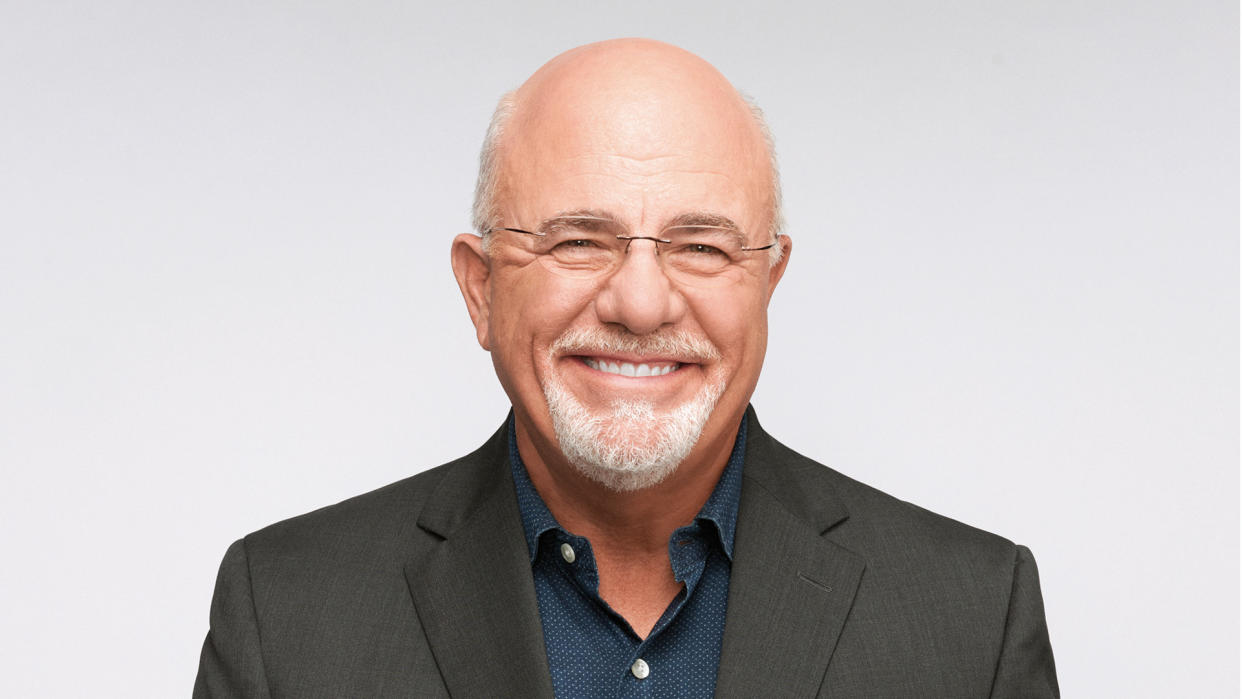Dave Ramsey: 5 Savings Goals Everyone Should Have

Everyone knows that they should be saving some of their income every month. Yet, many studies show that more than half of Americans report feeling behind on their most important savings goal of all, retirement.
Check Out: 7 Appliances Frugal Homeowners Steer Clear Of
Try This: How To Get $340 Per Year in Cash Back on Gas and Other Things You Already Buy
Even worse, many Americans don’t save for additional goals beyond retirement. According to Dave Ramsey, popular financial personality and founder of Ramsey Solutions, it’s imperative that you set up a series of different savings goals so that you are prepared to go through life without falling into debt.
Here are Ramsey’s five essential savings goals that everyone should have, including a few that most people don’t plan for on a regular basis.
Gifts
Most Americans give gifts nearly year-round. From birthdays to holidays to retirements and graduations, there are nearly constant occasions for which a gift is appropriate. Yet, many Americans don’t actively save for these “knowable surprises.”
While you may or may not have an emergency car repair in any given year, for example, you know with certainty that your child’s birthday will come every year, so you should actively plan for it.
Ramsey suggests setting up a separate savings fund specifically for gifts, one that is funded on a monthly basis. That way, rather than having to come up with a “surprise” $500 for Christmas gifts, you’ve already been saving for that occasion year-round.
Read Next: Nearly Half of Americans Struggle To Pay Their Utility Bills: 5 Ways To Save
Rainy-Day Fund
Also referred to as an emergency fund, a rainy-day fund helps keep you out of debt when life’s financial surprises arrive.
According to Ramsey’s research, a whopping 78% of Americans experience a major financial setback over any given 10-year period, so it’s far more likely than not that you’ll have one yourself.
Ramsey suggests a $1,000 emergency fund to start, as that will cover many of life’s short-term emergencies. But ultimately, you’ll want to end up with at least three to six months of income in your rainy-day fund.
Vehicles
Ramsey is a big proponent of paying for vehicles in cash. He recommends never buying a new vehicle, which depreciates the moment you drive it off the lot.
Rather, he endorses owning a quality used vehicle that you can afford to pay for in cash. That way you can not only avoid interest, which is money you just hand over to the bank for the privilege of using it, but you also avoid a monthly payment. With the average new car payment in excess of $700, buying a car with cash can go a long way to stretching your monthly budget.
So, how do you pay for a car in cash? You’ve got to plan out a strategy ahead of time and start saving now. If you’re looking to buy a car for $30,000 in five years, for example, set up a new savings account and start allocating $500 per month to it. Essentially, you’ll be making the payments on your next car ahead of time, just without paying interest.
When the day comes for you to buy the car, you’ll have all the cash you need — and you will have been earning five years of interest on your savings as well, rather than paying it out to a car finance company.
Retirement
Everyone knows they should be saving for retirement, and yet a surprisingly small number are actually ahead of the game in this area. Ramsey suggests people take a look at where their savings are now, what goal they want to reach and over what time period to determine how much they need to start setting aside now.
Without a solid retirement plan in place, you’ll likely end up working longer and harder than you ever intended, perhaps never even fully retiring at all. If that’s not the life you want to lead, you’ll need to start saving and investing immediately.
Education
Although Ramsey stresses that you should prioritize your own retirement savings, it’s also important to start saving for college as early as possible if you have kids. According to Ramsey, the average college student now graduates with over $30,000 in student debt, burdening them with crushing debt just as they are starting out in life.
You’ll want to avoid this situation as much as possible, and Ramsey says that will take some intentionality. In addition to stashing as much as you can in a tax-advantaged account like a 529, you may also have to control some of your own spending on discretionary items, like eating out or shopping for clothes.
More From GOBankingRates
Barbara Corcoran: 3 Cities To Invest in Real Estate Now Before Prices Skyrocket
This is The Single Most Overlooked Tool for Becoming Debt-Free
This article originally appeared on GOBankingRates.com: Dave Ramsey: 5 Savings Goals Everyone Should Have
